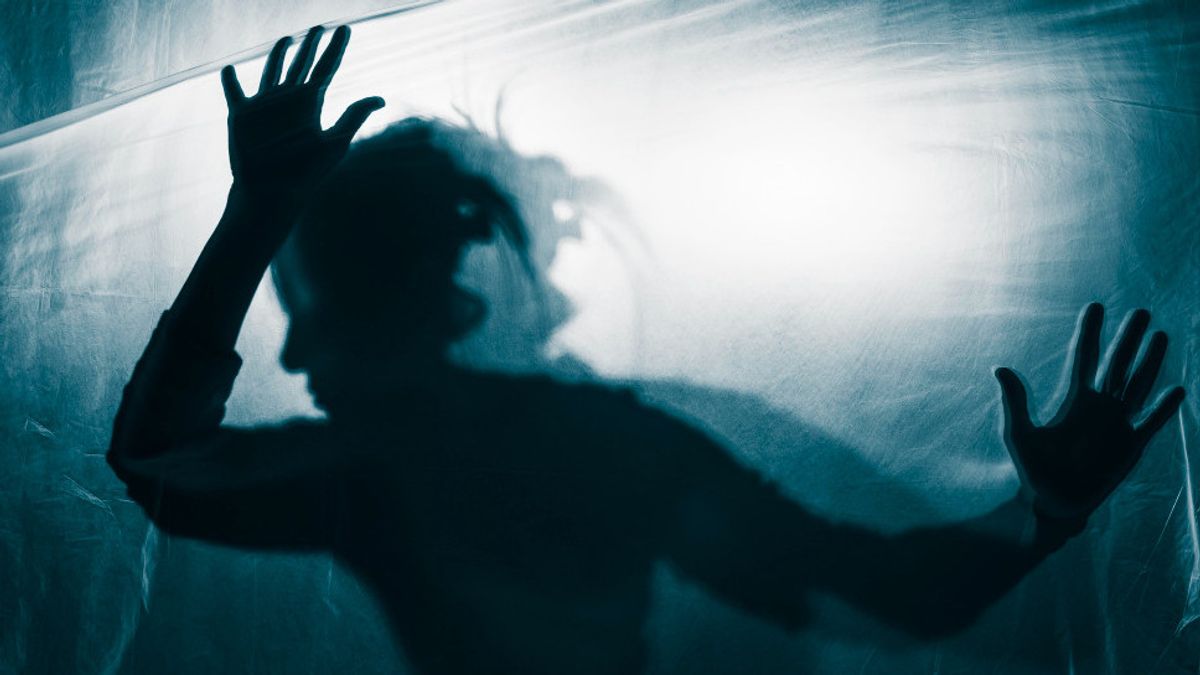YOGYAKARTA - The influence of pseudobulbar (PBA) is a condition characterized by suddenly uncontrolled circumstances and inappropriate laughing or crying. The influence of pseudobulbar usually occurs in people with certain neurological conditions or injuries, which may affect the way the brain controls emotions. I think crying and laughing at the same time is normal?
If you have pseudobulbar influence, you will experience normal emotions, but sometimes you will express them in an excessive or inappropriate way. As a result, these conditions can be embarrassing and disrupt your daily lives.
The influence of pseudobulbar is often not diagnosed or misinterpreted as mood disorder. However, after being diagnosed, the influence of pseudobulbar can be managed with drugs.
The main sign of pseudobulbar (PBA) affective effects are frequent, unintentional and uncontrolled bursts of tears or laughter, which are exaggerated or unrelated to your emotional state. Tap often turns into tears. Your mood will look normal between episodes, which can occur at any time. Crying seems to be a more common sign of PBA than laughing.
The level of emotional response caused by PBA is often striking, with cries or laughter lasting for several minutes. For example, you may laugh out of control in response to rather funny comments. Or you may laugh or cry in a situation that other people think is not funny or sad. This emotional response usually represents a change in the way you responded earlier.
Because pseudobulbar's affects often involve crying, this condition is often misinterpreted as depression. However, the episode of PBA tends to be short-lived, while depression causes constant feelings of sadness. Also, people with PBA often lack certain depressive characteristics, such as sleep disorders or loss of appetite. But depression is common among those who have pseudobulbar influence.
When to see a doctor?
If you're feeling suffering from PBA, talk to your doctor. If you have a neurological condition, you may already be treated by a doctor who can diagnose PBA. Specialists who help include neuropsychologists, neurologists, and psychiatrists.
It is suspected that many cases of the influence of pseudobulbar were not reported and were not diagnosed due to a lack of awareness about these conditions.
Cause
The influence of pseudobulbar (PBA) usually occurs in people with neurological conditions or injuries, including:
Stroke
Amiotrophic lateral sclerosis (ALS)
Multiply Sclerosis (MS)
Traumat brain injury
Alzheimer's disease
Parkinson's disease
While further research is needed, the cause of PBA is believed to involve an injury to a neurological path that regulates external expressions of emotion.
Complication
Severe symptoms of the influence of pseudobulbar (PBA) can cause shame, social isolation, anxiety and depression. This condition can interfere with your ability to work and perform daily tasks, especially when you have overcome neurological conditions.
After learning that he was crying and laughing at the same time, look at other interesting news on VOI, it's time to revolutionize news!
The English, Chinese, Japanese, Arabic, and French versions are automatically generated by the AI. So there may still be inaccuracies in translating, please always see Indonesian as our main language. (system supported by DigitalSiber.id)








